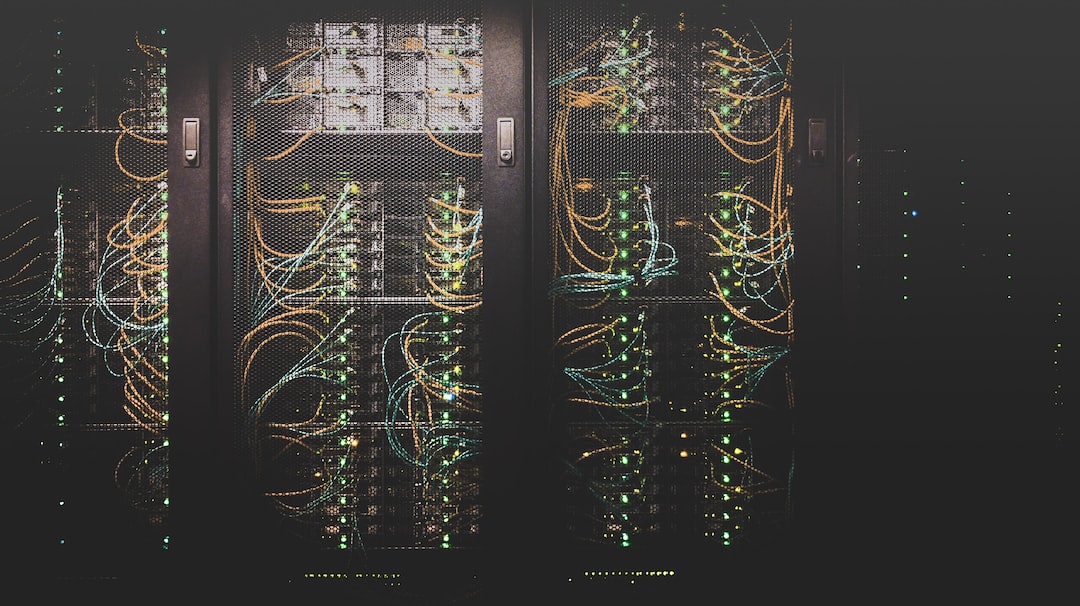The Future of Work: How Technology is Transforming the Workplace
Technology has played a significant role in shaping our society, and it continues to revolutionize various aspects of our lives, including how we work. The workplace of the future is being transformed by advancements in technology, and it is essential for us to understand how these changes will impact us as employees and employers.
One of the most significant transformations we are witnessing is the rise of remote work. With the advent of communication tools such as video conferencing and instant messaging, employees can now work from anywhere in the world. This flexibility not only enhances work-life balance but also enables companies to tap into a global talent pool. We can expect more and more companies embracing remote work arrangements in the future, resulting in increased productivity and reduced overhead costs.
Artificial Intelligence (AI) is another transformative technology that is reshaping the workplace. AI can perform complex tasks that were once exclusive to humans, such as data analysis, customer service, and even creative work. While some fear that AI will replace human workers, others argue that it will augment human capabilities, allowing us to focus on more meaningful and strategic work. For example, AI can automate repetitive tasks, freeing up employees to concentrate on innovation and problem-solving.
Automation is also making its mark on the future of work. Advancements in robotics and machine learning are enabling companies to automate various manual and repetitive processes. While automation may eliminate certain types of jobs, it also opens up opportunities for employees to upskill and acquire new abilities that are better aligned with the changing demands of the workforce. The challenge will be to ensure that workers are equipped with the necessary skills to adapt to these changes effectively.
Collaboration tools are becoming increasingly sophisticated, enabling employees to collaborate seamlessly across different time zones and geographies. Through project management software, companies can manage teams remotely, breaking down traditional office silos. This enhanced collaboration leads to greater diversity of perspectives and ideas, ultimately driving innovation within organizations. The future workplace will continue to focus on fostering collaboration and breaking down physical barriers.
The rise of big data and analytics is also transforming the workplace. HR departments are using data to make informed decisions about recruitment, retention, and employee performance. Companies can now track employee productivity, engagement, and even stress levels, enabling more effective management practices. Ultimately, data-driven decision-making will lead to better organizational outcomes and improved employee well-being.
The gig economy is another trend that is revolutionizing the way we work. Freelancing and short-term contract work are becoming increasingly common, providing workers with greater flexibility and autonomy. Companies, on the other hand, benefit from accessing specialized talent on-demand, without the need for long-term commitments. This shift towards the gig economy will require both employers and employees to adapt to new ways of working and managing talent.
While technology brings numerous benefits to the workplace, there are also challenges and ethical considerations that need to be addressed. Privacy and data security, for instance, are becoming significant concerns as more and more personal information is collected and stored. Companies need to establish clear policies and procedures to safeguard sensitive information and ensure transparency around data usage.
Furthermore, there is a growing need for digital literacy and skills development. As technology continues to evolve, the workforce must keep up with the changes. Employees will need to develop new skills and acquire digital literacy to remain competitive in the job market. Employers have a responsibility to provide the necessary training and development opportunities to ensure that their workforce is prepared for the future of work.
In conclusion, technology is unquestionably transforming the workplace in profound ways. Remote work, AI, automation, collaboration tools, big data, and the gig economy are just some of the trends reshaping how and where we work. While these changes offer many advantages, they also bring challenges that need to be addressed. Adapting to the future of work will require a proactive approach from both employers and employees, as we navigate the exciting possibilities and the potential pitfalls of an increasingly technology-driven workplace.


